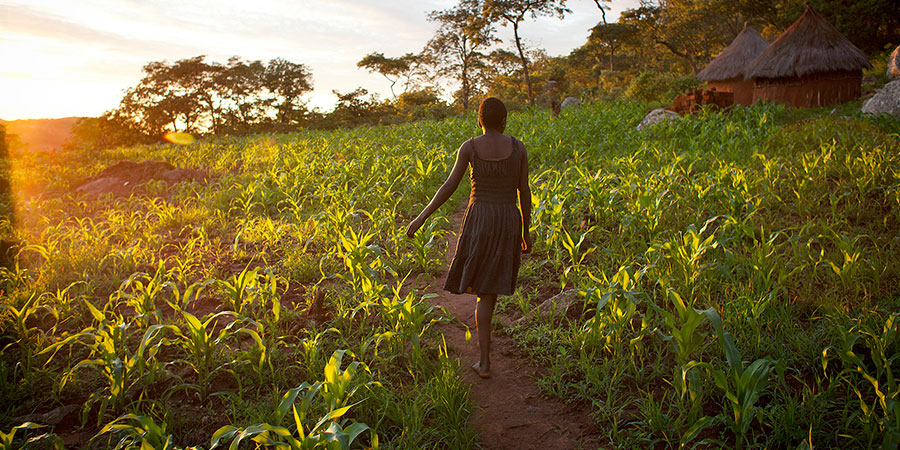Despite the fact that about 80% of the Ugandan population is dedicated to agriculture, the country is still unable to guarantee the food security for the entire population. Malnutrition has actually increased in this decade while per capita agricultural production has decreased, the causes are known and shared by all stakeholders. While the production / inhabitant’s ratio is justified by the demographic boom that the country is experiencing, the problems related to the inefficiency of the agricultural system can be summarized in: limited technical knowledge, lack of inputs (seeds, fertilizers, irrigation systems etc.), inadequate storage systems and limited access to the market.
To these problems are added the new challenges that the world in general, and Uganda in particular, will have to face in the imminent future as a result of anthropogenic actions (climate change, demography, etc.). Agriculture in Uganda, as in the rest of the less advanced countries (LDCs), is an activity carried out by the most disunited groups of the population who work small plots of land (small holders’ farmers) and in many cases still live below the poverty line. To address this challenge DRF will seek to seek mind-set change by engaging local farmers in modern farming both in the rural and urban areas with emphasis on technological advancement.

